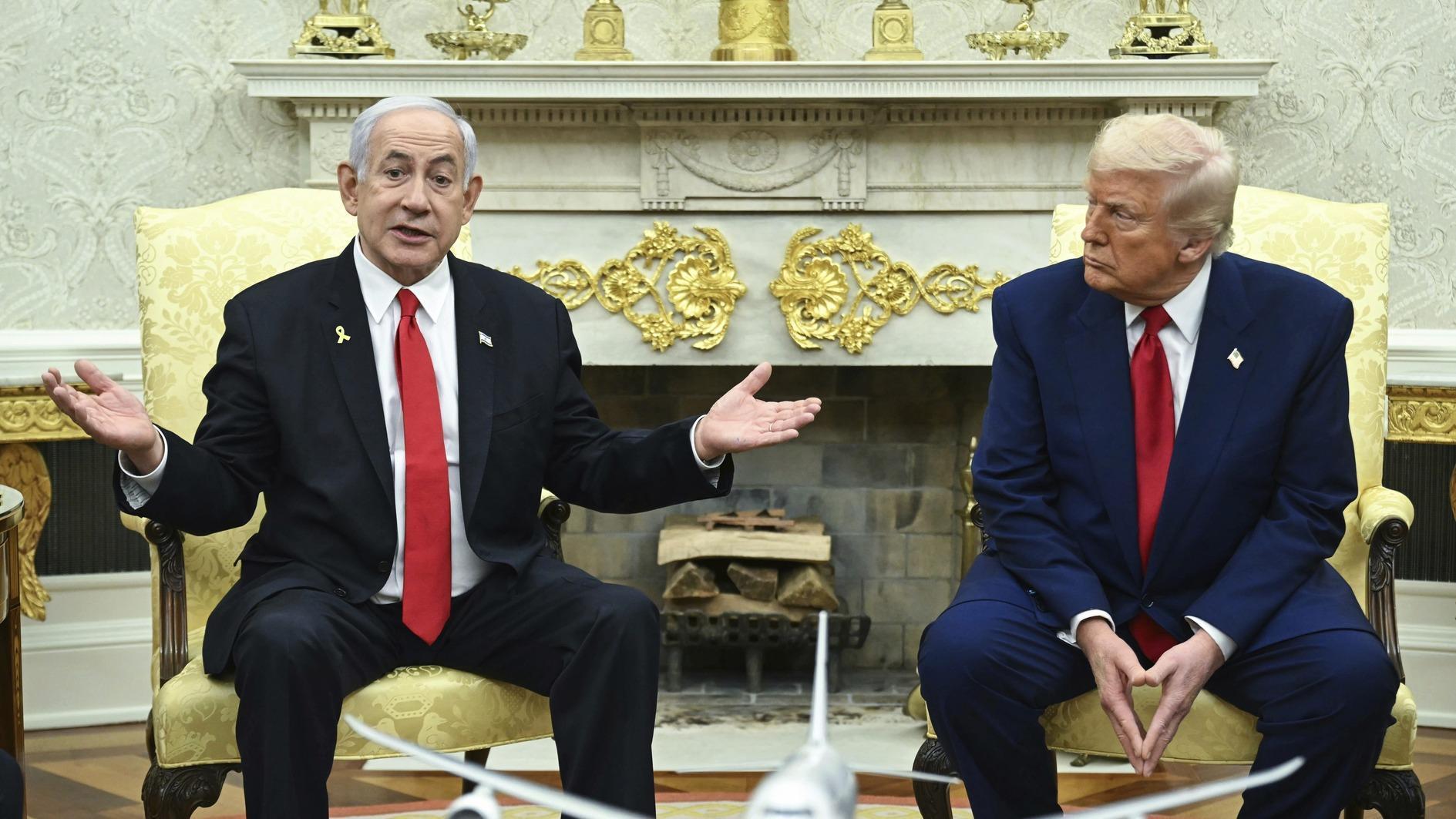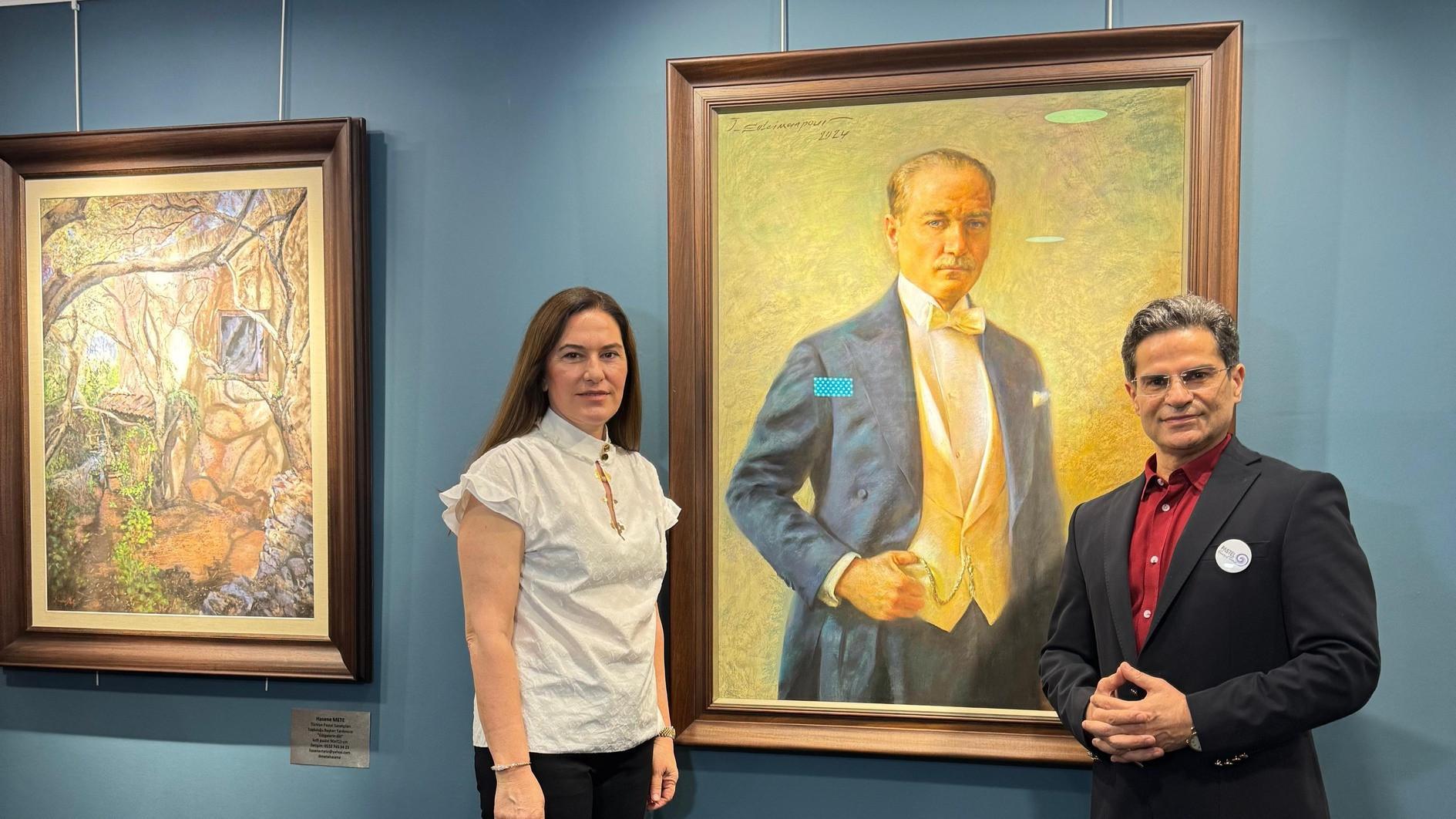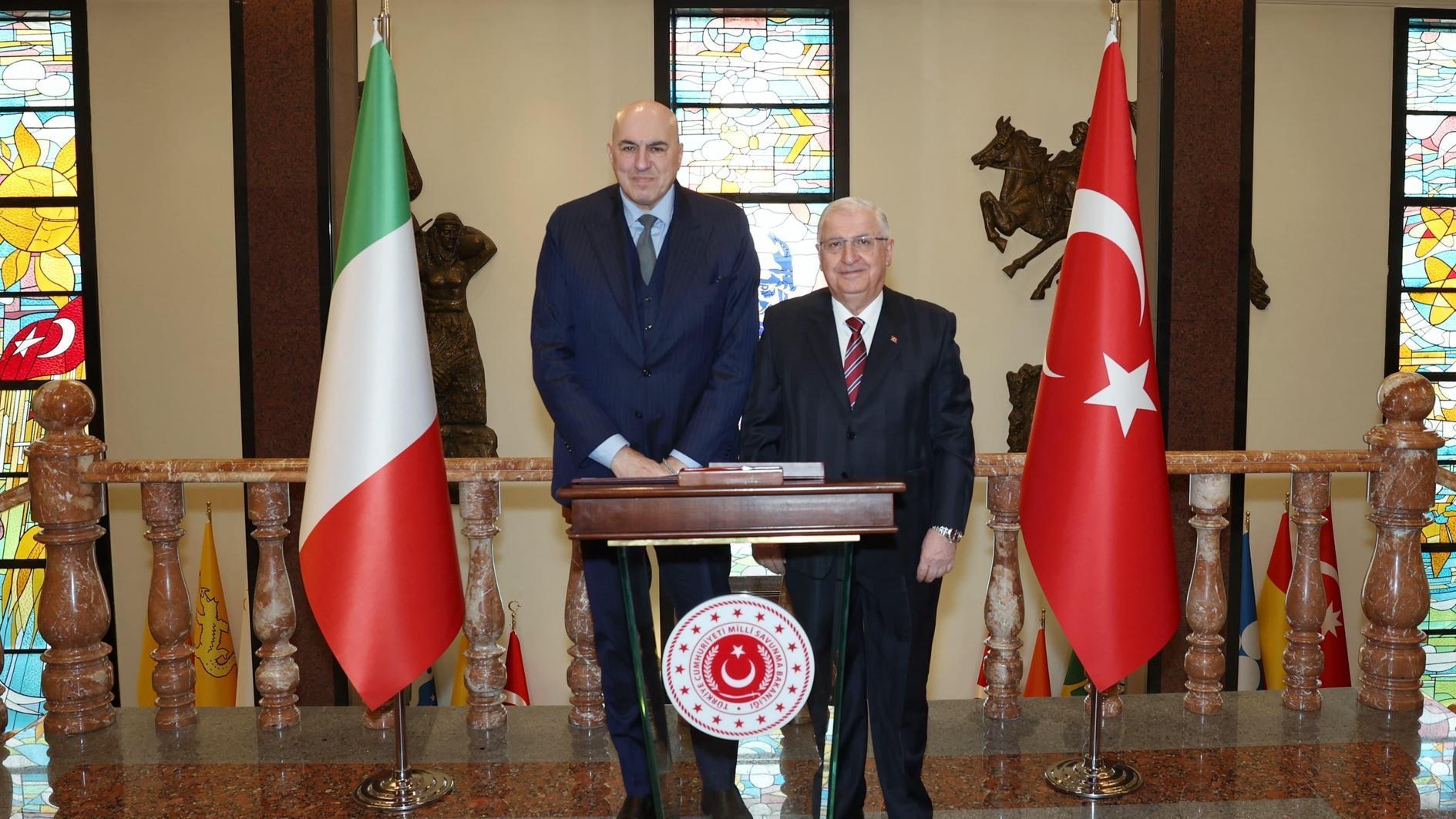Reform fatigue in Turkey
I was at the Prague Enlargement Dialogue meeting last week, where I was asked whether the prolonged accession process had led to reform fatigue in Turkey. Now, our candidacy started seven years ago and we were pretty tired of it by the fifth. But at the meeting I still said it hadn’t fatigued us, simply because you can’t be tired of reform if you stopped trying years ago. At some point in 2007, we simply stopped playing the game.
This might be the result of the Sarkozy-Merkel effect. Being told every day that you are not good enough might just have consequences. Our politicians now tell us a story of sour grapes. Never mind that we wanted to get into the EU, now that we can’t, we’re told that it is a bad idea anyways. Lousy politicians make for bad solutions. Turks need to learn that their government’s inability to reach its goals does not make those goals less worthy.
Remember the beginning of our story. It started on a sprightly note: “We have to reform for our own good, not for the sake of European membership. Let’s turn the Copenhagen criteria into the Ankara criteria.” Then things turned negative as our faith started to wane: “By 2020 the EU will be applying to become a member of Turkey. Our economy is flourishing while Europe is coming apart.”
Now that we are completely losing faith it is becoming dangerous. As Marc Pierini writes in his Carnegie Europe piece, “Turkey is beginning to read history from a non-Eurocentric point of view and recognize other possibilities in modern history.” That reminds me of the old debate on the shift of axis – it makes no sense and is too grand a vision to ever be put into effect. I wouldn’t take the idea too seriously, if our government wasn’t adopting it as the latest stage of our official sour grapes saga.
Want to know how we stopped trying? Just look at the 2012 Global Competitiveness Report of the World Economic Forum. Turkey’s ranking among the 145 countries there is a good indicator of reform fatigue. Our justice system ranks 83rd, down 27 since 2006, meaning 27 other countries have passed us in the meantime. We are 74th in education, down 18, and 117th in tax systems, down 22. Our labor market ranks 124th, down 10. Doesn’t exactly sound like a reforming country, does it? These are all areas of reform neglected since 2007. See the enlargement progress report on Turkey for more information.
The accession process requires the completion of Turkey’s public administration reform. We have not been able do it. The process entails historical reconciliation, both inside the country and across our borders, but those problems continue to fester. The accession process is about getting out of the middle income trap by using the EU as a transformation device. The EU has done this before for many other countries, and it has done it for Turkey as well. It could resume doing it again. Turkey’s per capita GDP has reached 50 percent of the EU’s average per capita GDP; Poland became a member when its own was 45 percent of the EU’s.
Accession is more doable now than it ever was before. We just stopped trying.











